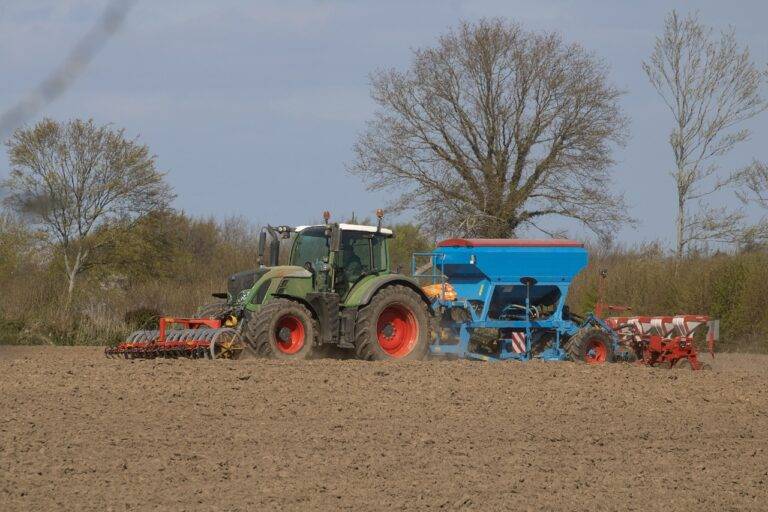The Impact of Agribusiness on Climate-smart Food Systems: Gold bet 7, Radhe exchange, 11xplay.online
gold bet 7, Radhe Exchange, 11xplay.online: The Impact of Agribusiness on Climate-smart Food Systems
In recent years, the importance of sustainable agriculture and climate-smart food systems has gained increased attention. With the global population on the rise and the impact of climate change becoming more evident, there is a growing need to find ways to produce food that is not only nutritious and affordable but also environmentally friendly. Agribusiness, which encompasses the production, processing, and distribution of agricultural products, plays a significant role in shaping the food systems of the future.
Agribusiness and Climate Change
One of the key ways in which agribusiness impacts climate-smart food systems is through its contribution to greenhouse gas emissions. Agriculture is a major source of greenhouse gases such as methane and nitrous oxide, which are potent contributors to climate change. Agribusiness activities such as livestock production, deforestation for agricultural land, and the use of synthetic fertilizers all contribute to these emissions.
However, agribusiness also has the potential to mitigate its impact on climate change through sustainable practices. For example, adopting regenerative agriculture practices such as cover cropping, crop rotation, and agroforestry can help sequester carbon in the soil and reduce emissions. Additionally, agribusiness can invest in renewable energy sources, improve water management practices, and reduce food waste to lessen its environmental footprint.
The Role of Agribusiness in Food Security
Another significant impact of agribusiness on climate-smart food systems is its role in ensuring food security. Agribusiness plays a crucial role in producing enough food to feed the growing global population. However, this must be done in a way that is sustainable and resilient to the impacts of climate change.
Agribusiness can help improve food security by investing in technologies that increase agricultural productivity, such as precision agriculture, genetic engineering, and digital farming tools. These innovations can help farmers produce more food with fewer resources, reducing pressure on the environment. Agribusiness can also support smallholder farmers by providing access to markets, financing, and training, helping them increase their yields and improve their livelihoods.
Challenges and Opportunities for Agribusiness
While agribusiness has the potential to drive positive change in climate-smart food systems, it also faces several challenges. One of the main obstacles is the resistance to change within the industry. Many agribusinesses are still reliant on outdated practices that are harmful to the environment, and there is often a lack of incentive to adopt more sustainable methods.
Additionally, agribusiness operates within a complex global supply chain that can make it difficult to trace the origins of food products and ensure their sustainability. Consumers are increasingly demanding transparency and accountability from agribusinesses, which may require significant changes to how products are sourced, processed, and marketed.
Despite these challenges, there are also a number of opportunities for agribusiness to lead the way in creating climate-smart food systems. By investing in sustainable practices, embracing innovation, and working collaboratively with stakeholders across the food supply chain, agribusiness can help build a more resilient and environmentally friendly food system.
FAQs
Q: How can consumers support climate-smart food systems?
A: Consumers can support climate-smart food systems by choosing products that are sustainably sourced, reducing food waste, and advocating for more transparent and environmentally friendly practices within the food industry.
Q: What role do policymakers play in promoting climate-smart food systems?
A: Policymakers can incentivize sustainable agriculture practices, regulate emissions from agribusiness activities, and support research and development of technologies that promote climate resilience in food systems.
Q: What are some examples of agribusinesses leading the way in sustainability?
A: Companies such as Danone, Nestle, and Unilever have made commitments to reduce their environmental footprint, source ingredients responsibly, and support smallholder farmers in their supply chains.
In summary, agribusiness has a significant impact on climate-smart food systems through its contribution to greenhouse gas emissions, food security, and sustainability. By embracing sustainable practices, investing in innovation, and collaborating with stakeholders, agribusiness can help build a more resilient and environmentally friendly food system for the future.







